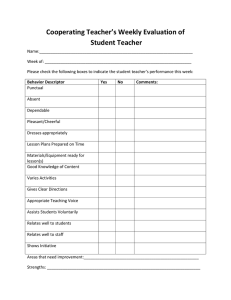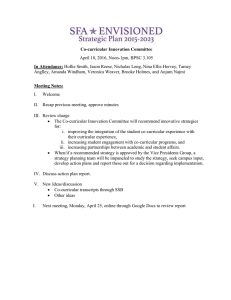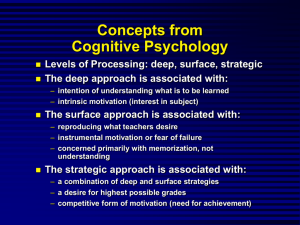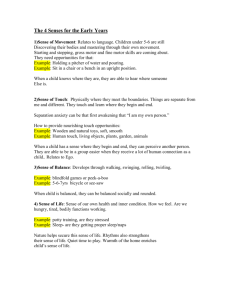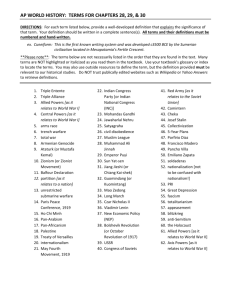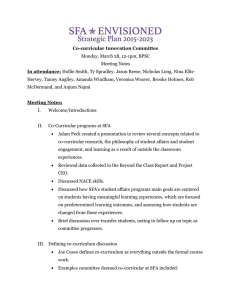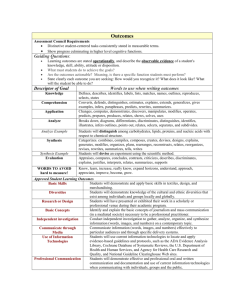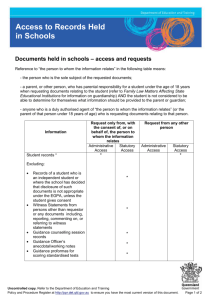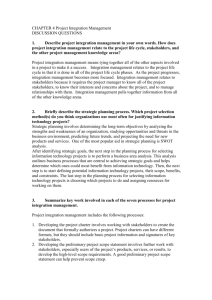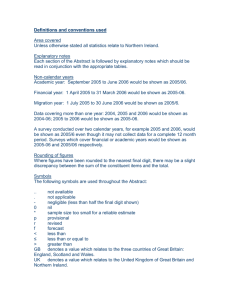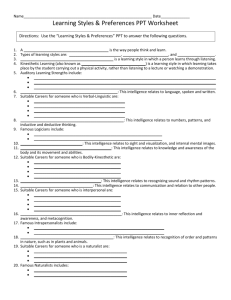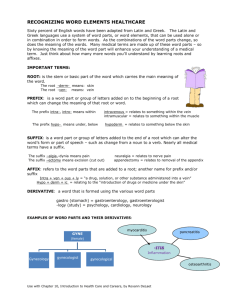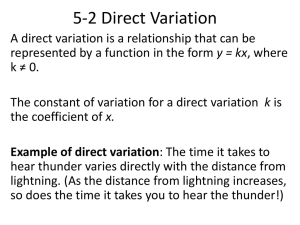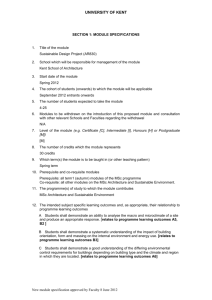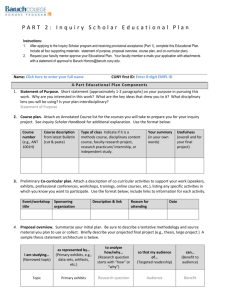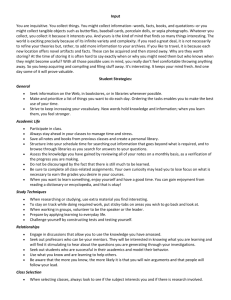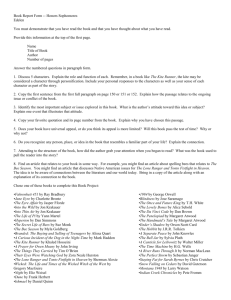Focus
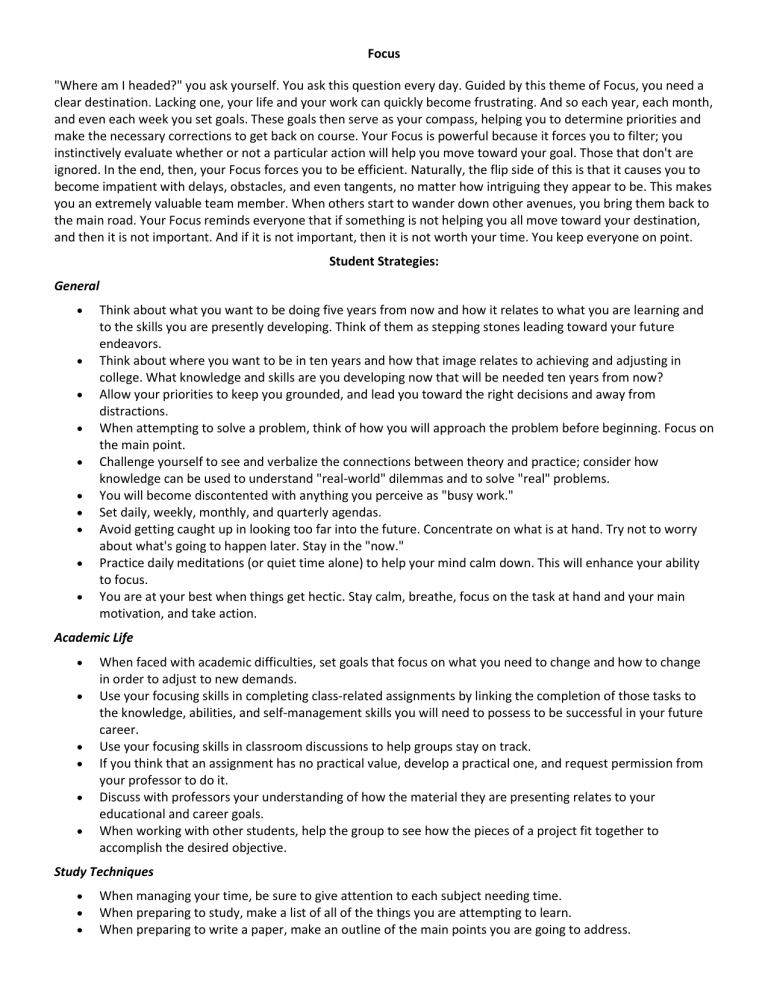
Focus
"Where am I headed?" you ask yourself. You ask this question every day. Guided by this theme of Focus, you need a clear destination. Lacking one, your life and your work can quickly become frustrating. And so each year, each month, and even each week you set goals. These goals then serve as your compass, helping you to determine priorities and make the necessary corrections to get back on course. Your Focus is powerful because it forces you to filter; you instinctively evaluate whether or not a particular action will help you move toward your goal. Those that don't are ignored. In the end, then, your Focus forces you to be efficient. Naturally, the flip side of this is that it causes you to become impatient with delays, obstacles, and even tangents, no matter how intriguing they appear to be. This makes you an extremely valuable team member. When others start to wander down other avenues, you bring them back to the main road. Your Focus reminds everyone that if something is not helping you all move toward your destination, and then it is not important. And if it is not important, then it is not worth your time. You keep everyone on point.
Student Strategies:
General
Think about what you want to be doing five years from now and how it relates to what you are learning and to the skills you are presently developing. Think of them as stepping stones leading toward your future endeavors.
Think about where you want to be in ten years and how that image relates to achieving and adjusting in college. What knowledge and skills are you developing now that will be needed ten years from now?
Allow your priorities to keep you grounded, and lead you toward the right decisions and away from distractions.
When attempting to solve a problem, think of how you will approach the problem before beginning. Focus on
the main point.
Challenge yourself to see and verbalize the connections between theory and practice; consider how knowledge can be used to understand "real-world" dilemmas and to solve "real" problems.
You will become discontented with anything you perceive as "busy work."
Set daily, weekly, monthly, and quarterly agendas.
Avoid getting caught up in looking too far into the future. Concentrate on what is at hand. Try not to worry about what's going to happen later. Stay in the "now."
Practice daily meditations (or quiet time alone) to help your mind calm down. This will enhance your ability to focus.
You are at your best when things get hectic. Stay calm, breathe, focus on the task at hand and your main motivation, and take action.
Academic Life
When faced with academic difficulties, set goals that focus on what you need to change and how to change in order to adjust to new demands.
Use your focusing skills in completing class-related assignments by linking the completion of those tasks to the knowledge, abilities, and self-management skills you will need to possess to be successful in your future career.
Use your focusing skills in classroom discussions to help groups stay on track.
If you think that an assignment has no practical value, develop a practical one, and request permission from your professor to do it.
Discuss with professors your understanding of how the material they are presenting relates to your
educational and career goals.
When working with other students, help the group to see how the pieces of a project fit together to accomplish the desired objective.
Study Techniques
When managing your time, be sure to give attention to each subject needing time.
When preparing to study, make a list of all of the things you are attempting to learn.
When preparing to write a paper, make an outline of the main points you are going to address.
Focus on one issue at a time. Devote all energy to one issue before moving on to the next.
Relationships
Think about two or three persons you admire. What skills, knowledge, and attributes do they possess? Strive to develop these qualities through your involvement choices.
Identify one or two persons in your immediate environment whom you respect. Find out how they became successful.
Class Selection
Select classes that will help you fulfill your long-term goals.
Select classes that have a defined direction and objective.
Co-curricular Activities
Become involved in Co-curricular Activities that provide you with experience related what you want to do in the future (e.g., internships or fieldwork experience related to your goals).
Career
You will be most satisfied in a career that has identifiable goals, purposes, and objectives, and one that provides opportunities to increase your competencies.
You will be helpful in an organization that will use your abilities to set goals and priorities.
Your career might include helping other people clarify ideas and the process necessary to accomplish goals and objectives. In such roles you will be helpful in plotting out the sequence of events and developing the plan necessary for reaching objectives.
Because you are able to keep yourself on track, you will work best in an environment with minimal
supervision.
Identify an alumnus who is in a career that interests you and spend time with him/her to determine how
he/she benefited from his/her college experience.
Look for an internship in an area related to your career goals.
